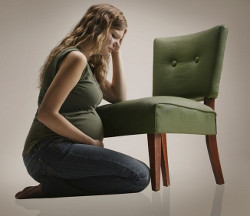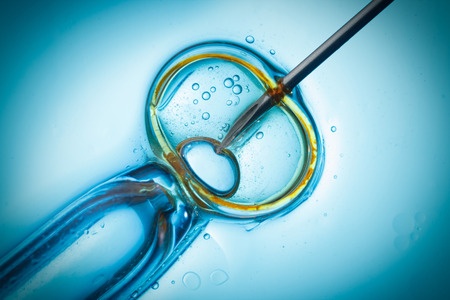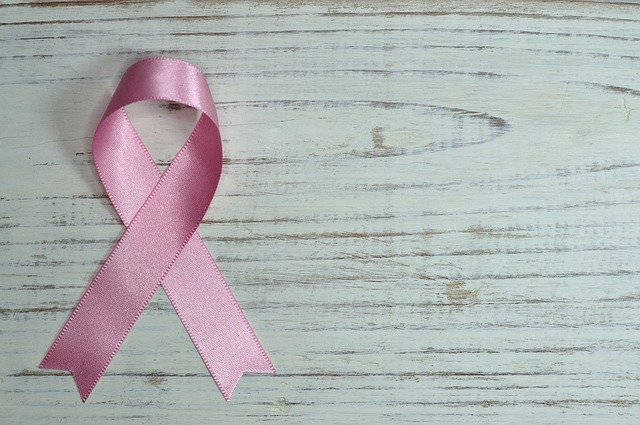A miscarriage refers to the loss of a pregnancy during the first 28 weeks of pregnancy. Unfortunately, this is quite common in Singapore, with approximately 1 in 4 pregnancies resulting in a miscarriage. It usually occurs during the first 12 weeks of pregnancy because of genetic or chromosomal disorders.

According to a study by KK Women’s and Children’s Hospital (KKH) and Duke-NUS Graduate Medical School in 2011, the risk factors for miscarriage increased exponentially for:
- Parents above 35
- History of miscarriage
- Low blood progesterone (hormonal) level during early pregnancy
However, there are other risk factors like body weight (under or over), diabetes, high blood pressure, smoking and excessive drinking.
Signs of Miscarriage
- Bleeding
This symptom often sends every pregnant woman to panic mode when it occurs. However, it is not a surefire way to determine if it is a miscarriage. Approximately 30% of women experience some form of bleeding or spotting during their pregnancies. It is best to seek immediate medical attention from your doctor to check yours and your baby’s health.
- Pain
Usually located around the abdomen, pelvic area or lower back, the pain can be dull to cramps. As such pain and cramps can be very common during early pregnancy due to your body’s expansion for your growing uterus, it may be difficult to determine if the pain is normal.
- Change in Pregnancy Symptoms
A less conventional way to check for miscarriage signs is to keep a lookout for a change in your pregnancy symptoms. For example, if you notice a sudden change in your morning sickness and nausea, you may wish to speak to your doctor about it especially if it occurs before your second trimester.
There is no specific indicator to determine a miscarriage. Therefore, it is highly recommended that you speak to your doctor if you are experiencing any symptoms or have concerns on miscarriage.
Miscarriage Diagnosis
Your doctor or health practitioner will first perfom a pelvic exam, ultrasound test and then, bloodwork to determine if it is a miscarriage. Blood work can check and monitor the progress of the miscarriage. It may be necessary to follow up with blood tests, genetic tests or medication if two miscarriages occurred consecutively.
Prevention
There is no way to stop a miscarriage once it has started. However, there are some steps that you can take to try to prevent it from occurring. Things that you should avoid doing include:
- Binge drinking
- Consumption of large amounts of caffeine i.e. coffee
- Consumption of unpasteurised dairy products
- Consumption of uncooked food or food not cooked thoroughly
- Excessive smoking
- Intense and strenuous physical exercises/activities
- Hot baths
- Stress
- Lifting heavy objects
It is crucial to give yourself time to heal emotionally, mentally and physically after a miscarriage. One miscarriage does not necessarily equate to a fertility problem. More than 85% of women who have once experience miscarriages, subsequently undergo normal full-term pregnancies and births.
By Dr Ting Hua Sieng, Gynecologist/Obstetrician, The Obstetrics & Gynaecology Centre.
This article was first published in The New Age Parents online magazine.
* * * * *
Like what you see here? Get parenting tips and stories straight to your inbox! Join our mailing list here.
Want to be heard 👂 and seen 👀 by over 100,000 parents in Singapore? We can help! Leave your contact here and we’ll be in touch.
























































